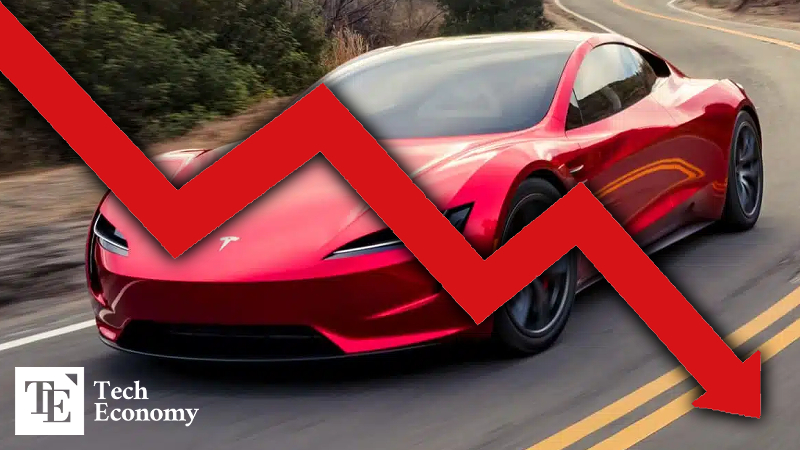
米国、OBBBA施行により電気自動車の税額控除などを廃止 マスク氏「トランプの減税政策は米経済を破壊する」 現代自動車など電気自動車産業全体に打撃か 今月4日(現地時間)、ドナルド・トランプ米大統領が「一つの大きく美しい法案(OBBBA)」に署名後、ブリーフィングを行っている/写真=ホワイトハウスYouTube ドナルド・トランプ米大統領が政権2期目の核心政策として推進中の大規模減税法案
Read More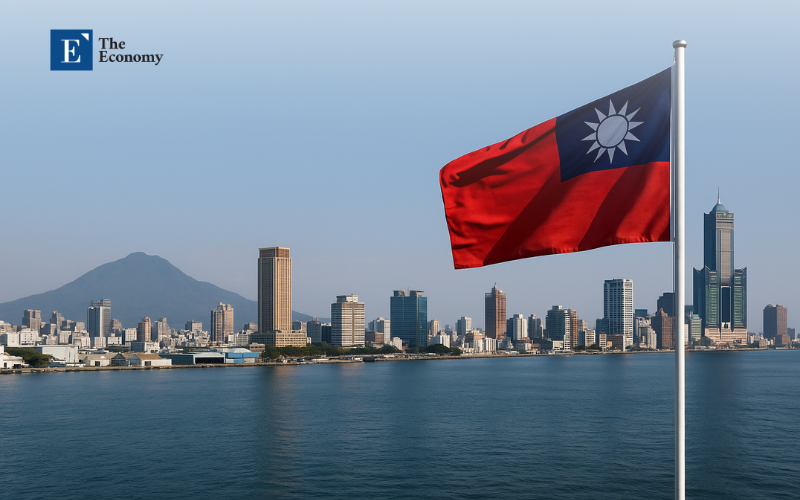
This article was independently developed by The Economy editorial team and draws on original analysis published by East Asia Forum. The content has been substantially rewritten, expanded, and reframed for broader context and relevance. All views expressed are solely those of the author and do not represent the official position of East Asia Forum or its contributors.
Read More
This article is based on ideas originally published by VoxEU – Centre for Economic Policy Research (CEPR) and has been independently rewritten and extended by The Economy editorial team. While inspired by the original analysis, the content presented here reflects a broader interpretation and additional commentary. The views expressed do not necessarily represent those of VoxEU or CEPR.
Read More
AIラリーで一人だけ業績ショック 今年第2四半期に将来損失を一掃 下半期の業績改善に期待広がる サムスン電子平沢キャンパスで防塵服を着た従業員がウェーハを持ち上げている/写真=サムスン電子 サムスン電子は今年第2四半期(4~6月)、市場の期待を大きく下回る「業績ショック」を記録した。
Read More
From Jakarta’s toll roads to Tokyo’s Marunouchi subway, rush-hour traffic has thinned in ways few labor economists dared predict. Bureau of Labor Statistics microdata released in February 2025 shows that the share of Asian women who reported teleworking at least once a week jumped from 7% in 2019 to 32.5% by late 2024—a near-quadruple leap matched only by wartime mobilization in modern economic history.
Read More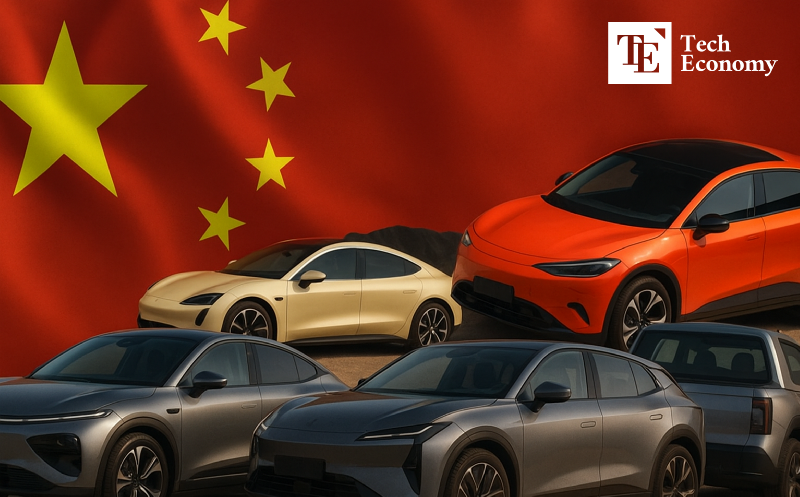
過剰供給による飽和状態の中で激化する中国の電気自動車市場 「129ブランド中、5年後に生き残るのは15社のみ」との予測 過度な価格競争、利益を出せない企業が大半 今後5年以内に中国の電気自動車メーカーの大多数が市場から消えるという見通しが示された。近年危機論が拡大している中国電気自動車業界において、大規模な業界再編が進み、2030年までに現在の8分の1である15社のみが生き残るとの分析である。
Read More
This article was independently developed by The Economy editorial team and draws on original analysis published by East Asia Forum. The content has been substantially rewritten, expanded, and reframed for broader context and relevance. All views expressed are solely those of the author and do not represent the official position of East Asia Forum or its contributors.
Read More
マイクロソフト、9,000人追加削減でベルトをさらに締める 「非AI人材を削減し、投資を拡大する」 米テック企業、今年だけで63,000人解雇 写真=マイクロソフト 人工知能(AI)に巨額の投資を行っているマイクロソフト(MS)が、ここ数ヶ月の間で3度目となる大規模なリストラを実施する。
Read More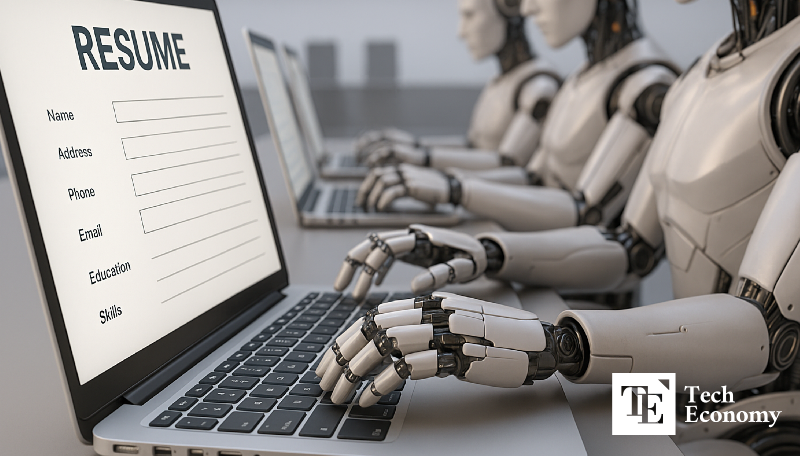
結局、懸念が現実に――英国で新入社員の30%の職が消滅 AI導入と経済の不確実性が採用減少を主導 グローバル企業、AI活用による人員削減計画を拡大 生成型AI「ChatGPT」が登場して以降、新入社員の職の約3分の1が消滅したという分析が発表された。AIが反復的かつ日常的な業務を担う初級職を代替した結果である。また、雇用主の保険料負担増加や新たな雇用関連法案なども、人を雇用できない要因として作用していると分析されている。
Read More
This article was independently developed by The Economy editorial team and draws on original analysis published by East Asia Forum. The content has been substantially rewritten, expanded, and reframed for broader context and relevance. All views expressed are solely those of the author and do not represent the official position of East Asia Forum or its contributors.
Read More
Universities now channel almost $14 million every hour into public cloud infrastructure, a spending line that already exceeds the combined global budgets for faculty development and student mental health programs. Data centers consume 415 terawatt-hours of electricity annually, a demand curve projected to surpass Japan’s national consumption before 2030. Conventional wisdom treats those figures as the inevitable price of artificial intelligence progress.
Read More
暗号資産を標的にし、西側の制裁を回避する北朝鮮 専門的なサイバー攻撃要員を養成し体制化 脆弱な韓国のセキュリティ体制、このままでよいのか 2025年上半期に発生した暗号資産ハッキングの被害のうち、過半数が北朝鮮の攻撃に起因することが明らかとなった。北朝鮮は専門的に育成されたサイバー人材を活用し、暗号資産取引所への無差別的な攻撃を展開している。
Read More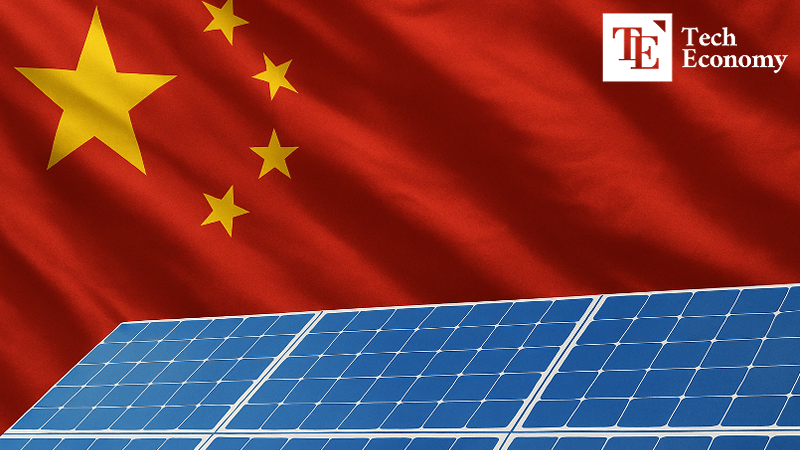
莫大な補助金が招いた過剰生産の悪循環 国家主導成長モデルの限界が露呈 「超高成長時代は終わった」との警告 中国の太陽光発電業界が、米国の報復関税および国内市場における深刻な供給過剰により、存続の危機に直面している。技術的な備えが不十分なまま、政府の巨額な補助金に依存して規模拡大を進めた結果、持続可能な成長基盤を築けなかった。
Read More
On a raw Tuesday morning this past April, two lines of data crossed in a way every curriculum committee should heed. First, Pew reported that 37% of American adults now begin a web search directly inside ChatGPT rather than using Google (Pew Research Center, 2025a). Second, a Vectara/Hugging Face leaderboard quietly showed that even the best model, GPT-4o-mini, still invents facts in 1.7% of answers—and in domain-specific writing, that figure can skyrocket past 40%.
Read More
This article was independently developed by The Economy editorial team and draws on original analysis published by East Asia Forum. The content has been substantially rewritten, expanded, and reframed for broader context and relevance. All views expressed are solely those of the author and do not represent the official position of East Asia Forum or its contributors.
Read More
This article was independently developed by The Economy editorial team and draws on original analysis published by East Asia Forum. The content has been substantially rewritten, expanded, and reframed for broader context and relevance. All views expressed are solely those of the author and do not represent the official position of East Asia Forum or its contributors.
Read More
This article is based on ideas originally published by VoxEU – Centre for Economic Policy Research (CEPR) and has been independently rewritten and extended by The Economy editorial team. While inspired by the original analysis, the content presented here reflects a broader interpretation and additional commentary. The views expressed do not necessarily represent those of VoxEU or CEPR.
Read More
This article is based on ideas originally published by VoxEU – Centre for Economic Policy Research (CEPR) and has been independently rewritten and extended by The Economy editorial team. While inspired by the original analysis, the content presented here reflects a broader interpretation and additional commentary. The views expressed do not necessarily represent those of VoxEU or CEPR.
Read More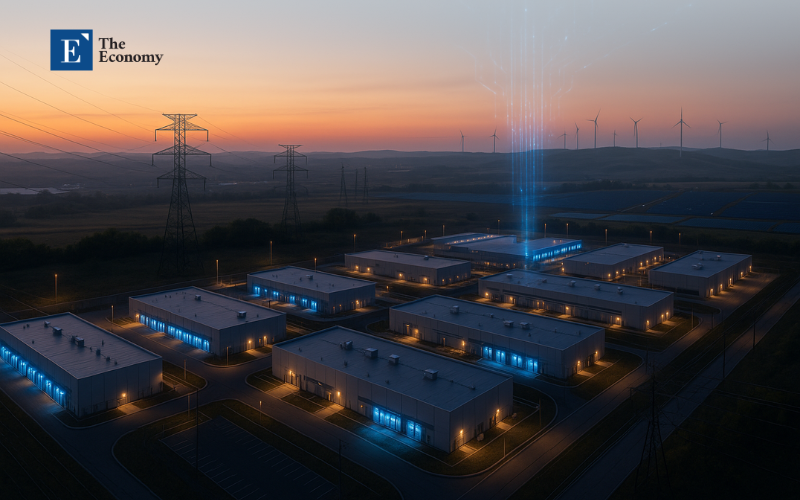
When ChatGPT's blue reply light blinks, the planet's electricity meter begins to sprint. That small but telling synchrony captures the hard pivot in humanity's digital story: a decade ago, we lauded the "cloud" as a weightless substitute for carbon-heavy travel and paper; in 2025, we discovered that the computational clouds cast a widening carbon shadow. Unless we turn the engines of artificial intelligence (AI) into relentless misers of joules, decarbonization promises will evaporate in a plume of GPU exhaust.
Read More
This article is based on ideas originally published by VoxEU – Centre for Economic Policy Research (CEPR) and has been independently rewritten and extended by The Economy editorial team. While inspired by the original analysis, the content presented here reflects a broader interpretation and additional commentary. The views expressed do not necessarily represent those of VoxEU or CEPR.
Read More










